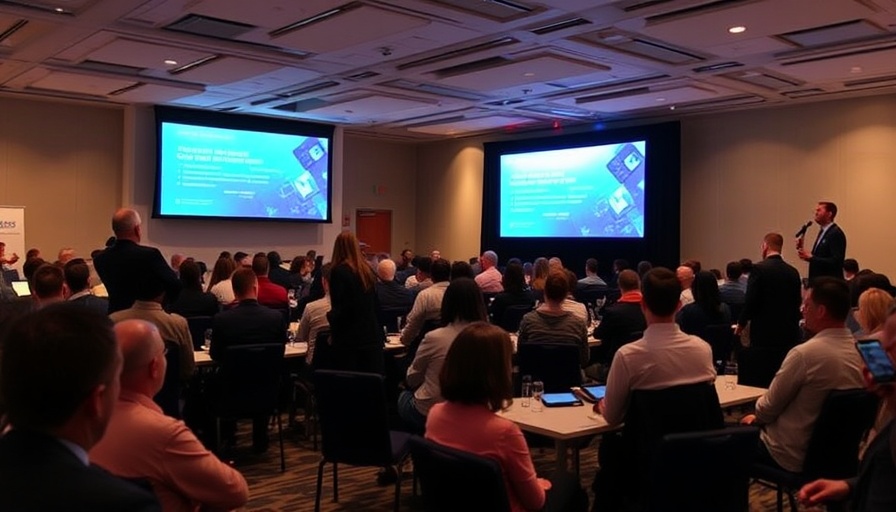
The Evolving Role of Payers in Healthcare
As healthcare continues to evolve, the role of payers—health insurers—has taken on greater significance, especially in driving patient care delivery. At the HIMSS25 conference, a prominent panel, moderated by Edward Marx, showcased how advancements in technology and AI are reshaping payer strategies to enhance care outcomes.
Transforming Care Through Technology
One of the most notable showcases was Clover Health, a company leveraging artificial intelligence to improve early diagnoses and treatment efficiencies. Aric Sharp, their CEO, emphasized that AI is no longer just an experimental tool but a fundamental aspect of their approach, enabling better decision-making at the point of care. This direction echoes broader trends within the healthcare industry, where leaders are moving away from traditional fee-for-service models toward more holistic, value-based care formats.
Barriers to Innovation - Changing the Status Quo
While the potential for innovation is massive, several barriers remain entrenched. A cultural resistance to change and the disparate communication between payers and providers often stall momentum. Panelists discussed the vital need for alignment between these entities to ensure that innovations translate into real-world improvements in patient care.
The Importance of Collaboration in Payer-Driven Strategies
Collaboration emerged as a crucial theme during the discussions. It was underscored that overcoming these barriers requires building trust between payers and healthcare providers. Heather Lavoie from Horizon BCBSNJ highlighted the significance of integrating digital tools into existing workflows to maximize their effectiveness, ensuring that healthcare professionals can access the information they need seamlessly.
What’s Next for Payers? Future Trends in Healthcare
The panel wrapped up with insights on future trends, including the expansion of hospital-at-home models and the utilization of advanced analytics to bolster data sharing and interoperability. This forward-thinking approach positions payers to play a pivotal role in refining healthcare delivery models, essential for the sustainability of the healthcare system.
Conclusion: Adapting to the Changing Landscape
The emphasis at HIMSS25 is clear: as payers adopt AI and digital health solutions, they must remain committed to transforming care delivery while adapting to an ever-changing landscape. The future of healthcare is about collaboration and focusing on the needs of patients, ensuring that all stakeholders can benefit from improved outcomes and system efficiencies.
 Add Row
Add Row  Add
Add 




Write A Comment